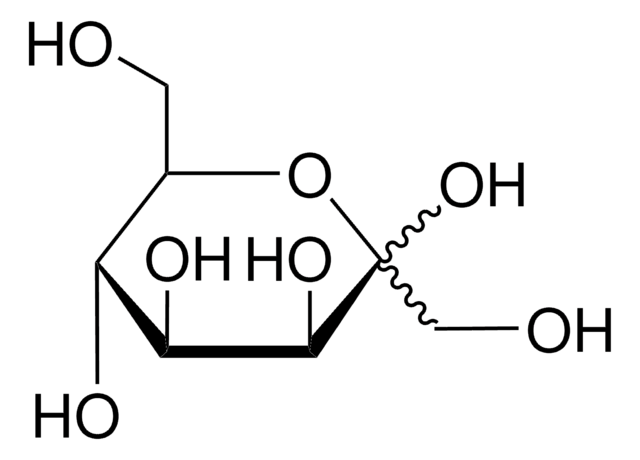B1064
Cibacron Blue 3G-A
Dye content ≥55 %, Powder
Synonim(y):
Cibacron Blue; 1-amino-4-[4-[[4-chloro-6-(2-sulfoanilino)-1,3,5-triazin-2-yl]amino]-3-sulfoanilino]-9,10-dioxoanthracene-2-sulfonic acid
About This Item
Polecane produkty
product name
Cibacron Blue 3G-A, Dye content ≥55 %
Postać
powder
skład
Dye content, ≥55%
kolor
dark blue
rozpuszczalność
H2O: 10 mg/mL, blue
Zastosowanie
diagnostic assay manufacturing
hematology
histology
temp. przechowywania
room temp
ciąg SMILES
Nc1c(cc(Nc2ccc(Nc3nc(Cl)nc(Nc4ccccc4S(O)(=O)=O)n3)c(c2)S(O)(=O)=O)c5C(=O)c6ccccc6C(=O)c15)S(O)(=O)=O
InChI
1S/C29H20ClN7O11S3/c30-27-35-28(33-16-7-3-4-8-19(16)49(40,41)42)37-29(36-27)34-17-10-9-13(11-20(17)50(43,44)45)32-18-12-21(51(46,47)48)24(31)23-22(18)25(38)14-5-1-2-6-15(14)26(23)39/h1-12,32H,31H2,(H,40,41,42)(H,43,44,45)(H,46,47,48)(H2,33,34,35,36,37)
Klucz InChI
YKCWQPZFAFZLBI-UHFFFAOYSA-N
Szukasz podobnych produktów? Odwiedź Przewodnik dotyczący porównywania produktów
Powiązane kategorie
Zastosowanie
Działania biochem./fizjol.
Kod klasy składowania
11 - Combustible Solids
Klasa zagrożenia wodnego (WGK)
WGK 3
Temperatura zapłonu (°F)
Not applicable
Temperatura zapłonu (°C)
Not applicable
Certyfikaty analizy (CoA)
Poszukaj Certyfikaty analizy (CoA), wpisując numer partii/serii produktów. Numery serii i partii można znaleźć na etykiecie produktu po słowach „seria” lub „partia”.
Masz już ten produkt?
Dokumenty związane z niedawno zakupionymi produktami zostały zamieszczone w Bibliotece dokumentów.
Nasz zespół naukowców ma doświadczenie we wszystkich obszarach badań, w tym w naukach przyrodniczych, materiałoznawstwie, syntezie chemicznej, chromatografii, analityce i wielu innych dziedzinach.
Skontaktuj się z zespołem ds. pomocy technicznej








